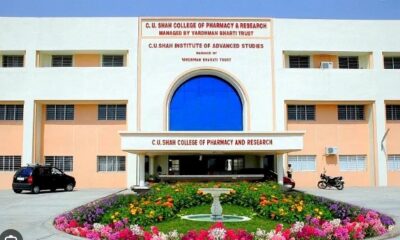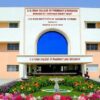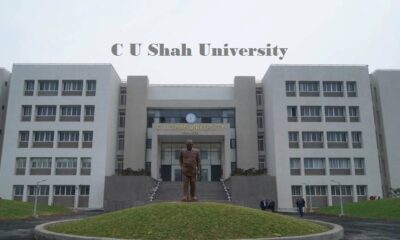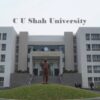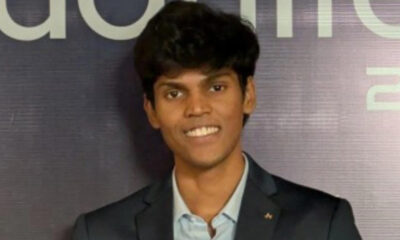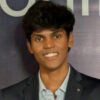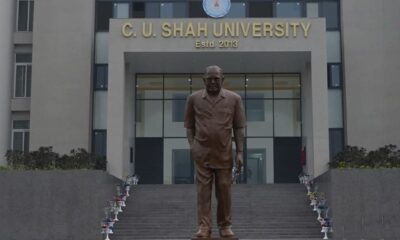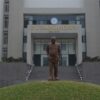Shashi Tharoor Calls for Inclusive, Humanities-Focused Education at St Xavier’s Memorial Lecture
In a passionate and thought-provoking address at St Xavier’s College in Thiruvananthapuram, Dr. Shashi Tharoor, Member of Parliament from the city, laid out a compelling vision for the future of Indian universities. Speaking at the Father Herbert A. de Souza Memorial Lecture on Thursday, Tharoor called for educational institutions that are inclusive, diverse, and deeply rooted in critical thought and Indian realities.
He opened his address by advocating for universities to become spaces where caste, class, and other social divisions are left behind. “If a university can be a place where we come together and create a free space where social barriers are set aside,” Tharoor said, “young Indians can gain the tools to live an empowered life.” For Tharoor, this idea isn’t just aspirational—it’s essential for India’s social and intellectual future.
The heart of his message focused on creating “spaces where narrow-minded exclusionary identities give way to accepting and cherishing diversity—not just of identity, but of thought and belief.” He stressed that universities must not only reflect but embrace the diversity of the country, promoting inclusiveness in both structure and spirit. Administrations, he said, should be responsive to student aspirations, not distant bureaucracies removed from ground realities.
Tharoor also emphasized the importance of the humanities, arguing that a solely technical or professional focus in higher education risks creating graduates who lack the ability to think critically or empathetically. He cited a study conducted between 1990 and 2005, which revealed that 96% of surveyed terrorists had engineering backgrounds. “We can’t say all engineers are terrorists,” he noted with irony, “but we might conclude all terrorists are engineers!”
His point was clear: education that trains students to see the world in strict binaries can have dangerous consequences. “A mind rigidly trained in binaries and cut off from the humanities,” Tharoor warned, “falls more easily for fundamentalist thinking—whether political or religious.”
He highlighted the danger of one-dimensional thinking, where individuals see only one correct worldview, one path to God, or one version of patriotism. Such thinking, he argued, stifles debate and breeds intolerance. “We must not produce such graduates,” he cautioned. “Universities churning out legions of narrow-minded graduates would devastate our community.”
To counter this, Tharoor called for a shift in the purpose of education—from rote learning to critical inquiry. Schools, he said, should teach students to answer questions, but universities should teach them to question the answers. This transition, he believes, is essential to building a generation of Indian leaders who are thoughtful, inclusive, and globally aware.
Looking toward the future, Tharoor envisioned universities as the crucibles in which the next generation of Indian leaders would be formed—not leaders driven purely by ambition or profit, but by a commitment to collective success and social justice.
“India’s tomorrow depends on a generation empowered by universities to take our country to new heights,” he concluded, his words met with applause from an audience of students, academics, and thinkers gathered in the college’s Herbert de Souza Auditorium.
AM.













